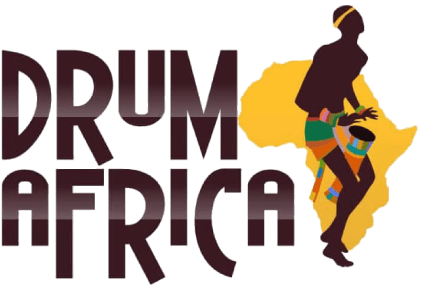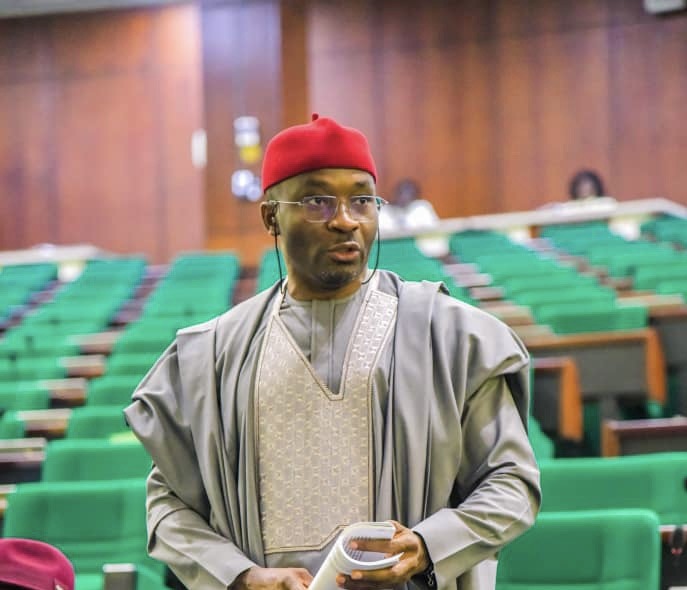The bill which seeks to establish an Entrepreneurship Development Bank in Nigeria to enable young entrepreneurs to access finance to grow their businesses sponsored by the Member representing Bende Federal Constituency and Spokesperson of the House of Representatives, Rep. Benjamin Kalu has passed second reading on the floor of the House during the plenary session held on June 29, 2022.
The lawmaker in his debate stated that this is a major step in tackling the fundamental challenge of the youths who lack the capacity to fund their businesses in line with achieving the SDGs. He said:
“In line with the sustainable development goals, financial inclusion of the youths has a ripple effect in alleviating poverty in the society, hence if a structure is put in place in line with what the African Development Bank is currently doing at the moment where they announced that at the end of this month, about 13 Youth Entrepreneurship banks will be opened across Africa. Nigeria needs to have a structure in place in order to take advantage of that opportunity once the program kicks off.”
“A closer look at the operational modalities of the Bank of Industry (BOI), Bank of Agriculture (BOA), and the Development Bank of Nigeria (DBN) would show that there is no clear-cut intention and support for indigenous small businesses owned and run by youth. Commercial and microfinance banks are not even feasible options for indigenous small businesses. This is the gap which the contemplated bank would fill.”
He added that if these specialized banks that will cater to the needs of the Nigerian youth are actualized, it will reduce the societal vices in which young people who are not able to fund their businesses engage, giving them a sense of belonging.
The bank when established will:
(a) Establish and carry on the business of lending to small businesses in Nigeria as may be determined by the Board of the Bank from time to time;
(b) Design and implement schemes of investment finance for parties carrying on small businesses in Nigeria;
(c) Enter into guarantee agreements with other parties to guarantee payment in specified circumstances; and
(d) Lend and advance money or give credit to such persons or companies on such terms and conditions as may seem expedient and in particular to customers, companies, corporations, firms, and other bodies which have dealings with the Bank and to give guarantee or become surety and give security for any such persons or companies.
The bill was voted on and passed through the second reading and further referred to the Committees on Finance and Industries.

